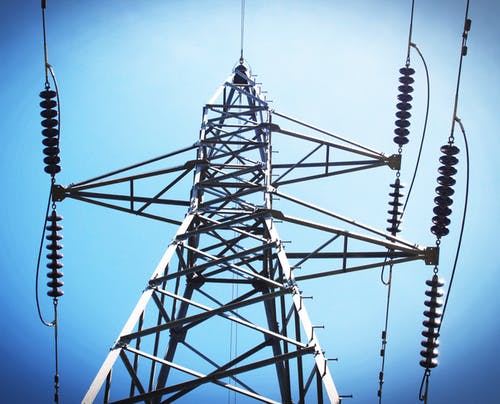FERC Accepts New England, New York ISOs’ Proposals to Collect Tariffs on Electricity Imports

The Federal Energy Regulatory Commission on April 14 accepted tariff revisions filed by ISO New England Inc. (ISO- NE) and New York Independent System Operator Inc. (NYISO) to collect and allocate costs related to the potential imposition of duties on electricity imports from Canada. The grid operators submitted their filings on Feb. 28 in response to U.S. President Donald Trump’s order announcing tariffs on Canadian imports.
The New England region shares a large volume of energy interchange with Canada. According to ISO-NE, Canadian imports have served approximately 11 percent of New England’s load, on average, over the past five years. New England’s largest source of electricity is the Phase II Interconnection, a major transmission line from Quebec, which brings in up to 2,000 megawatts (MW) of hydroelectric power from Hydro-Québec. ISO-NE says that in early 2026, the new 1,200 MW New England Clean Energy Connect line from Quebec to Maine will boost total import capacity to about 4,300 MW. ISO-NE estimates the import duties from a 10 to 25 percent tariff on Canadian electricity could total $66 million to $165 million per year.
NYISO is interconnected with two Canadian system operators: Ontario’s Independent Electricity System Operator and Hydro-Québec. These interties allow imports of up to 2,500 MW from Ontario and about 2,100 MW from Hydro-Québec, along with exports back to Canada. In 2024, New York imported 7.7 terawatt-hours of electricity from Canada—more than any other U.S. state—worth hundreds of millions of dollars. NYISO says these connections help ensure reliability during peak demand.
On Feb. 1, U.S. President Donald Trump issued an executive order imposing a 25 percent import duty on all articles that are products of Canada and a 10 percent import duty on energy or energy resources. Thereafter, on Feb. 3, President Trump paused the tariffs until March 4. An order issued on March 6 amended the tariffs to exempt articles entered “free of duty” under the terms of Harmonized Tariff Schedule of the U.S. sections related to an agreement with the United Mexican States and Canada, which took effect on March 7.
Each grid operator is required to submit an informational filing confirming that a federal agency has imposed an import duty on Canadian electricity, which would trigger their authority to collect those costs.
Significant uncertainty remains about whether and how tariffs on Canadian electricity will be implemented. Citing legal precedent, ISO New England does not believe the administration’s proposed customs duties apply to electricity. Moreover, if such duties were deemed applicable, the ISO-NE believes it would not be the entity responsible for enforcing them. NYISO also highlighted several uncertainties if Canadian electricity is made subject to the tariff order, including how electricity imports would be measured, valued, and taxed, since standard procedures for physical goods may not apply, and whether NYISO would be considered the “importer of record” responsible for paying the duties.
EnerKnol Pulses like this one are powered by the EnerKnol Platform—the first comprehensive database for real-time energy policy tracking. Sign up for a free trial below for access to key regulatory data and deep industry insights across the energy spectrum.
ACCESS FREE TRIAL